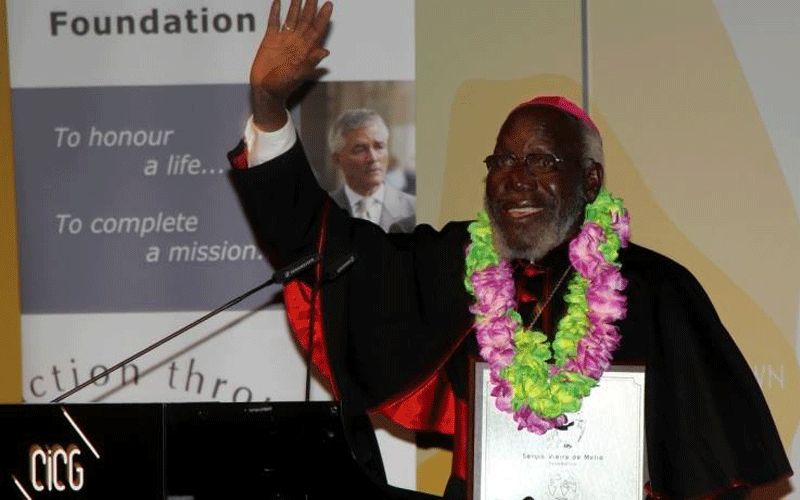Torit, 29 July, 2020 / 11:20 pm (ACI Africa).
As South Sudan marks the Martyrs, Heroes and Heroines Day on July 30, commemorating those who died during the liberation of the country, a Bishop in the East-Central African country has urged the people of God in the country to make wise choices amid their “too many pursuits” in life, hinting on the life experiences of Biblical personalities who lived purposeful lives.
In a message sent to ACI Africa ahead of the Thursday, July 30 event, Bishop Emeritus Paride Taban of South Sudan’s Catholic Diocese of Torit calls on the people of God in the nine-year-old African nation to overcome mistrust, promote a peaceful coexistence, and make the country a “peaceful Kingdom of God on earth.”
“Let us rebuild a new peaceful and developed South Sudan like any other peaceful countries in Europe, America, Asia and Africa,” Bishop Paride says and adds, “The blood of our martyrs is the seed of peace.”
In his message dubbed “let us awaken repent and focus”, the retired South Sudanese Prelate reflects on the life of King Solomon as “a good example of a leader who didn’t know how to get what he wanted.”
“We can learn from King Solomon’s costly mistakes; the king of Israel desperately pursued several unrelated goals in a vain attempt to satisfy himself,” Bishop Paride reflects in his two-page message.








